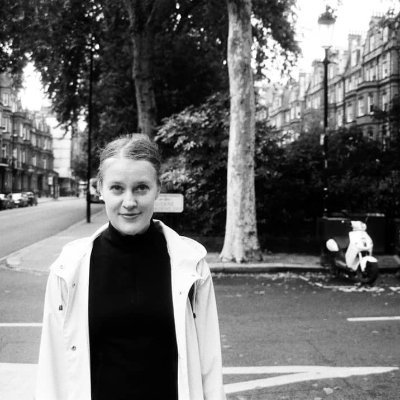Paul McCartney revealed that The Beatles’ new recording featuring additions from artificial intelligence will be released later this year. With a little help from AI, the voice of John Lennon was retrieved from an old demo, also subsequently completed by the technology. Although the name of the song hasn’t been revealed, it is believed to be “Now and Then”, a 1978’s composition written by Lennon at his New York apartment. It was one of the compositions featured on a cassette labelled “For Paul”.
Although it was penned 12 years after the Beatles called it a day, “Now and Then” signposted the band’s reunion when three remaining members gathered to record it in 1995. The recording process lasted for one afternoon as the demo had a technical defect with a power line hum running through most of it. As producer Jeff Lynne recounted to Daily Express, “It was one day — one afternoon, really — messing with it. The song had a chorus but is almost totally lacking in verses. We did the backing track, a rough go that we really didn’t finish.” Eventually, the project was shelved for a better day.
Times have changed, and the wonders of AI made it possible to do unimaginable things. Technical issues wouldn’t work as an excuse preventing musicians from finishing the project. To close the gestalt of thirty years, Paul McCartney recently announced the release of what would be “the last Beatles song”. Talking to BBC Radio 4, Paul McCartney explained his view on this as well as the backstory: “All of that is kind of scary but exciting because it’s the future. And we were able to use that kind of thing when Peter Jackson did the film Get Back, where it was us making the Let It Be album. And he was able to extricate John’s voice from a ropy little bit of cassette that had John’s voice and a piano. He could separate them with the help of an AI”. Sympathising with the use of AI, BBC Radio 4 uploaded a video to their Twitter profile featuring the audio recording of the interview and subtitles where Let It Be in the respective sentence is mistakenly named Lady P. It’s gratifying that AI-supported transcription tools are still not as good as humans.
While some are likely to be impressed with the courage of McCartney to embrace new technology, others might question the status of the composition as “ the Beatles song”. The possibility of their reunion in 1980 is still viewed as a conspiracy theory. The interviews from that time prove the opposite. During one of them, McCartney revealed details of their conversation where Lennon said that he didn’t write songs any longer. Conversing with The Daily Mirror two months before his death, in September 1980, John Lennon “ruled out any chance of a Beatles reunion”.
Fourteen years later, the rumours of the reunion finally turned out to be true. That was when the surviving former members of the band came together and tried to work on songs from the demo cassette. Only two, “Free as a Bird” and “Real Love”, were completed and later released as part of The Beatles Anthology video documentary.
The fact of the delayed reunion doesn’t eliminate the question of whether these compositions can claim the Beatles’ song status. The fact that the cassette was presented to Paul by Yoko Ono can be interpreted by some spiritually-minded as John’s blessing. This is, however, hardly official consent from John Lennon for his songs to be used for the Beatles’ release. The material also has a distinct flavour of the musician’s solo albums which can be faintly associated with anything the Fab Four have done together, even their latest recordings. “Now and Then” is often described as one of Lennon’s apologetic songs, typical for his late solo period. The lyrics talk about the possibility to restore connection with someone dear, potentially Paul McCartney: “I know it’s true, it’s all because of you / And if I make it through, it’s all because of you”.
Scepticism aside, it is surely thrilling to see AI reconstructing voices from the past. A great possibility of hidden unfinished gems to be rediscovered. “Now and Then” might not be Lennon’s best work. The composition failed to score in the Top 80 Lennon best songs compiled by Ultimate Classic Rock Radio. Moreover, former Lennon’s bandmate George Harrison called the song “rubbish”, allegedly because it was addressed to Paul. Later McCartney said in a conversation with Q in 2006 that “the song didn’t have a very good title, it needed a bit of reworking, but it had a beautiful verse and it had John singing it. George didn’t like it. The Beatles being a democracy, we didn’t do it.”
Yet “Now and Then” is certainly revelatory, lifting the lid on the life and the state of mind of the songwriter within the last months of his life. Hopefully, the official release will sound more convincing than its somewhat haunted unfinished version, available on YouTube. The song is expected to come out in the fall of this year.



